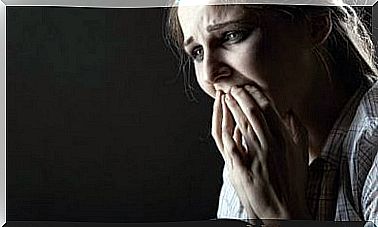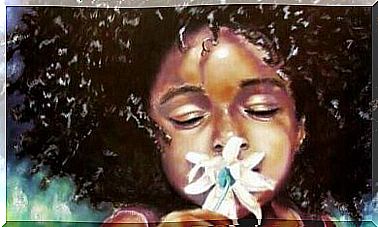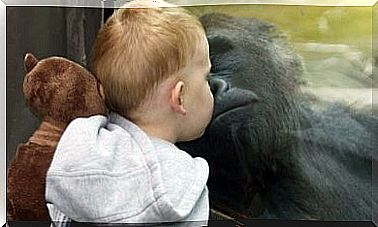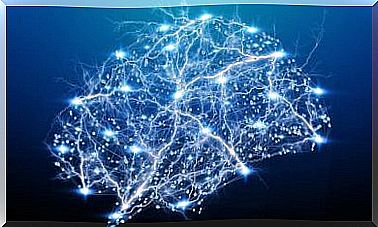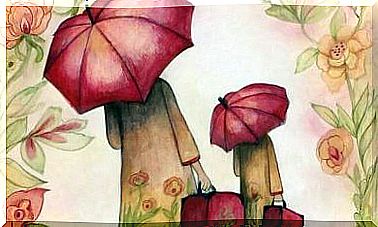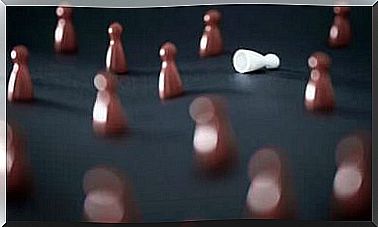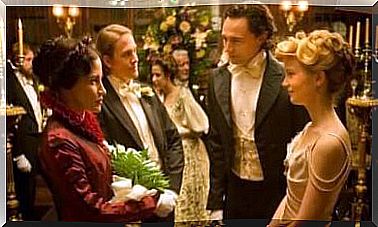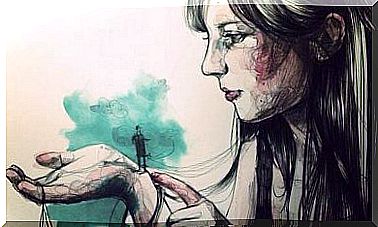Three Simple Things Got Complicated

We live in a contradictory time where extremely complex things have gotten simple and simple things have gotten complicated. These days, it’s relatively easy to connect different points on the planet in seconds, but getting a greeting from the neighbor can be quite a feat.
To a large extent, consumerism is the factor that has led us to add artifices to simple things, which should not, however, involve any complexity. Just as modernity brings fantastic advances that we need to make the most of, it is also possible to learn to value aspects of the past that may be useful in the present. Here are three of those aspects.

1. Eating, one of the simple things that has become complicated
Eating is not optional, because if we don’t, we will simply die. Until just a few decades ago, food was one of those simple things in life that had no greater mystery. People ate what was available, trying to prioritize what had more nutrients or was more appetizing.
Today, food is one of those complicated realities. In our time almost all foods are harmful and the subject of diet has become very complex for some. Lactose-free milk, decaffeinated coffee, sugar-free, salt-free, flour-free, gluten-free, meat-free, fat-free. Not too much, but not too little either, don’t combine that with that …
Things could be much simpler in this regard. On the one hand, the criterion to follow is that no excess is good. This has been well known since the time of the Stoics and has not changed. On the other hand, the less you eat ultra-processed foods, the better.
2. Dressing, blind approval of consumption
Consumerism has led to absurd levels. Many surely know that their grandparents and great-grandparents bought an outfit very occasionally. The products were of such good quality that they were even inherited from older brother to younger or father to son.
What people were looking for were clothes to warm them enough if it was cold or to allow them to feel cool if it was hot. The criteria for everyday dressing were practicality and comfort. For this reason, clothes that are durable, well made and with the appropriate materials have been produced and purchased.
Dress has always had something to do with aesthetics. However, our ancestors only gave relevance to this aspect on special days or moments. It was common for each person to have their Sunday dress, to wear it on the days of rest or on a special holiday.
Today’s world has made it very difficult, especially for some people who are extremely permeable or who depend on the opinions of others and therefore go too far to like or please. Fashions are a way to make clothes obsolete and ensure higher consumption. The perfect example of one of the simple things that got complicated.

3. Having fun ended up being complex
It’s puzzling how fun is on the list of things simple got complicated too, but it is. Hundreds of fun options have been created, but the bottom line is that they are not even really fun, but rather pass the time or entertain every now and then.
What exists today is a gigantic entertainment industry promoting personalities from the entertainment world. There are obviously some very talented characters there, but there are also a lot of singers who don’t sing, actors who don’t act, writers who can’t write, etc. Basically, this sphere is an extension of the modeling world.
Celebrities are born, often by force, and huge sums of money are raised. Many people today are fun spectators, but not really active participants. We forgot that a good conversation, a simple game, a community dance or a good read is really fun.
The word “entertain” comes from the Latin root divertere , which means “to turn in the opposite direction, to recreate”. This is not exactly what happens in most entertainment today, quite the contrary, since we are immersed in an eternal reiteration of trends.
Food, clothing and entertainment could be simplified and more accessible. Maybe this is part of the way to regain well-being.

